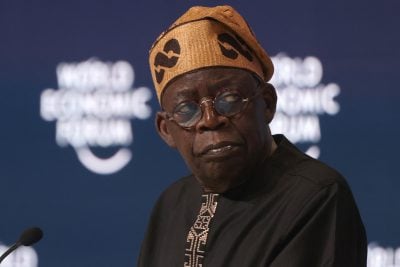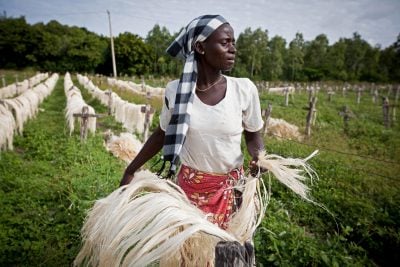A roundtable on investing in African women entrepreneurs took place in Washington DC’s Hay Adams hotel on Tuesday.
The discussions, held on the sidelines of the three-day US-Africa Leaders Summit, made the business case for investing in women-led asset managers and businesses across the continent.
Firms owned by women and minorities manage just 1.3% of a $73 trillion investment industry, according to Jarred Glansbeek, chief investment officer at RisCura.
Lindeka Dzedze, global markets, head of strategic partnerships at Standard Bank, who moderated the discussion, asked how institutional funds and banks can accelerate the pace of change in investing in women in the continent.
“I truly believe Africa’s superpower is its women,” she told the breakfast meeting.
If Africa wants to move away from poverty and being defined by crisis, change can only come by including women in all the development processes, said Nardos Bekele-Thomas, the CEO of the African Union Development Agency NEPAD.
The first finance facility of its kind, the Women Entrepreneurs Opportunity Facility (WEOF), started by a partnership between the Goldman Sachs Foundation and the World Bank’s IFC, has delivered $1.45bn in investments over the past five years for local financial institutions to lend to women-owned businesses.
“We started with $43m from Goldman Sachs Foundation for a fund. Its capital stands at $2.3bn, and we have lent to over 100,000 women,” says Sharmila Hardi, the global head of banking and the World Bank’s IFC.
“Its not always an easy sell, but in order to convince investors to invest in women-led asset managers you hold their hand until they understand the business incentive and the bigger picture of such incentives,” says Mantuka Maisela, chairperson of the Motor Industry Retirement Funds and a member of the African Women Impact Fund Foundation Council.
Investing in schools to change their curricula to empower women should be a key component of the conversation, says David Akinin, CEO of Jabu Technogies.
“Getting African presidents to sit down with the education ministers and make them change the education system is where the transformation will begin,” he says, speaking from his experience working in village schools in Namibia.
Want to continue reading? Subscribe today.
You've read all your free articles for this month! Subscribe now to enjoy full access to our content.
Digital Monthly
£8.00 / month
Receive full unlimited access to our articles, opinions, podcasts and more.
Digital Yearly
£70.00 / year
Our best value offer - save £26 and gain access to all of our digital content for an entire year!

 Sign in with Google
Sign in with Google 




